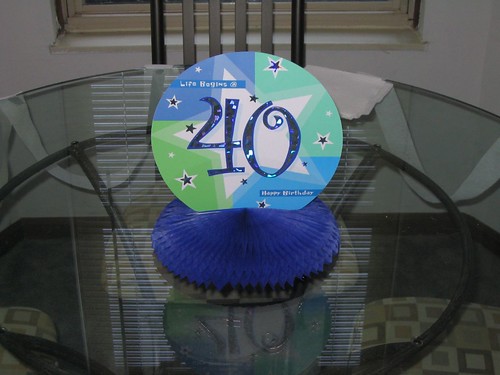Before Jesus ascended into heaven, He left His apostle a command to proclaim the Good News to all peoples. This was after He appeared to them a lot of times after His death. There were many accounts of His appearances before the apostles and at one time, He asked for something to eat sending the message that it was really Him they have met. He even let them touch Him to compliment their seeing Him. The mission of the apostle was to share everything that they had heard and seen in Jesus during His life and ministry here on earth.
It is interesting to note that after His death, the apostles were frustrated, dejected, and demoralized. They could not understand what happened to Jesus, to whom they had given and left everything just to follow Him. And then He died!? Is this the one who is going to free them from their oppression? Is this the one who would save them? Jesus, in His appearances answered all their questions and clarified all their confusions. What He had told them before about His suffering and death now has meaning and answer in the resurrection. Having seen the Lord changed everything in the life and faith of the apostles. Having seen the Lord made them ripe and very much prepared for the mission of proclaiming the Good News to others.
They will be "WITNESSES" of all that Jesus said and did. As witnesses, they will testify to what they had seen, heard and touched. They will be credible witnesses because they were there. Their experiences will speak for themselves. The account on the Gospels and the New Testament letters attest to that. What were written were what the apostles experienced. And as such, they are considered the Word of God proclaimed and borne out of faith. In other words, INSPIRED by God. Even in our daily life, the credibility of witnesses rests so much in their presence in the situation. No amount of hearsay can weigh more heavily than an experienced witness. The apostles were of those kind. Their personal accounts are considered Gospel truth. At the same time, one who had experienced the Lord can not but share that experience to others. The responsibility consists in faithfully communicating what the Lord Jesus did.
It is easy to understand this as the work of priests, nuns, lay workers and missionaries alone. That is far from the truth. Our Baptism makes us also responsible. As a member of the family of God, we share that responsibility. And so it should lead us to a reflection of how we have been a witness for the faith. The mass is a perfect example of how we can measure our witnessing. In the mass, we are supposed to have experienced the Lord; in the Word of God that was read, in the congregation gathered together in His name, in the priest who presides as a vicar of Christ, and most specially and perfectly in the Eucharist who is Jesus Himself made present in the form of bread and wine in the Spirit. Just like the experience of the apostles who became courageous and zealous in their witnessing after having seen the Lord, we too, after having experienced Him in the mass, should have the same attitude. After the mass, the priest would send us to mission by commanding as to "go and proclaim the Good News" or other similar words of mission.
But what happens after we "go..."? Do we reflect the image and presence of Christ to others? Do we get excited sharing to others our experience? Can we say that "We have seen the Lord!". Indeed, the mass should have given us an experience of the Lord. Unfortunately, the expected results were not there to some. Unfortunately, it was just a ritual which has little if not irrelevant in our daily life. Once I approached a son of a "religious" family in our community. I asked him why he was not going to mass with his family. His father told me that they were trying hard to invite him but he would not go. The son answered me with, "Father, if the result of going to mass is shouting at our household helps, cursing, dishonesty, quarreling, gambling, and even having illicit affairs, I would rather not go!" This response startled me. The son has a point. While the merits of the mass is not determined by the lack of witnessing of a couple, it should give us the message that what happens to us after the mass sends a very strong message to those who know we are participating in one.
And so the challenge is before us. Let us go back to our experience of the Lord. How real is that experience? How much do we believe in that experience? These are what will inspire us to go and proclaim the Good News. These are what will make us true and effective witnesses of our faith. Otherwise, we might as well be called, "WETNESSES", meaning we are doused with the cold water of passivity, fear, and cowardice rather than be inspired, moved, and inebriated by the Spirit.































